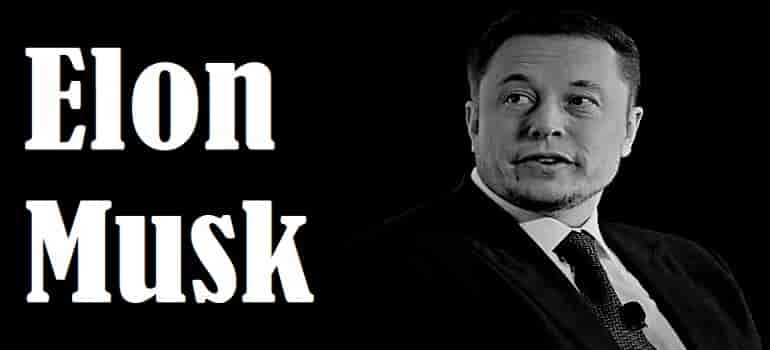
The US electric car maker Tesla CEO Elon Musk on Monday laid the foundation of a $7 billion plant in Shanghai, becoming the first company to benefit from a new Chinese policy of allowing foreign vehicle manufacturers to set up wholly-owned subsidiaries in the Asian nation.
Till now, foreign automakers in China were required to forge joint ventures with domestic firms for establishing manufacturing plants, which means sharing profits and technology with local partners.
The plant, which is Tesla’s first outside the US, is located at Lingang, a high-end manufacturing park in the southeast harbour of Shanghai.
It has an annual production capacity of 500,000 electric cars.
Tesla signed an agreement with the Shanghai municipal government in July 2018 to build the factory. In October, the company got the approval to use an 864,885 sq mt tract of land in Lingang for its Shanghai plant.
Musk and Shanghai government officials attended the ground-breaking ceremony.
“This will be the most advanced Tesla gigafactory…With resources here, we are able to build this factory in record time, and we are hoping to have initial production of Tesla Model 3 toward the end of the year and volume production next year,” 47-year-old Musk said.
The Tesla factory, which will be built with an investment of over 50 billion yuan (USD seven billion), is the largest foreign-invested manufacturing project in Shanghai’s history, state-run Xinhua news agency reported.
Aiming at reinforcing its presence in the world’s largest market for electric cars, Tesla brought its Model S, Model X and Model 3 to the China International Import Expo held in November 2018 at Shanghai.
Tesla delivered 245,240 cars, including 145,846 Model 3 — the company’s first mid-price, mass-market vehicle, in 2018 worldwide.
China set a milestone record of selling one million new energy vehicles (NEVs) in 2018. The country aims at doubling the sales to two million in 2020.
The production at the Shanghai plant will help Tesla significantly lower its cost and prices, giving it more edge in the market competition.
Model 3, for example, which starts at a price of USD 35,000 in the US market, is sold between 500,000 yuan and 560,000 yuan (around USD 72,980 and USD 81,738) in China. After the Shanghai plant starts production of the model, the price of the car is expected to start at 400,000 yuan.
Tesla has tapped into China’s growing mainstream electric car market and established its charging network covering most cities in the country’s developed regions, such as the Yangtze River Delta in east China and the Pearl River Delta in the south.
“China is becoming the global leader in electric vehicle adoption, and it is a market that is critical to Tesla’s mission to accelerate the world’s transition to sustainable energy,” Musk said in a statement released by the manufacturer.
The California-based company in October 2018 set up its first overseas R&D innovation centre in Beijing, with focus on areas such as software and hardware development, localisation, China and Asia-Pacific data analysis, intelligent connected vehicles and charging technology.
“In the past five years, Tesla has witnessed Chinese car consumers’ growing awareness for environmental protection,” Robin Ren, Tesla’s vice president of worldwide sales, said.
Source: PTI

